Absolut Warhola (2001)
Genre : Documentary
Runtime : 1H 20M
Director : Stanislaw Mucha
Synopsis
Absolut Warhola is a 2001 film directed by Stanislaw Mucha about Andy Warhol's extended family, whom he never met, from rural Slovakia. The film follows the filmmakers as they travel through eastern Slovakia to interview Warhol's surviving relatives, ethnic-Ruthenians living near the Polish border in Miková, and to visit the Andy Warhol Museum of Modern Art in Medzilaborce. The museum is shown to be in a poor state, with the museum director and staff openly soliciting donations from the viewer and giving out the museum's bank account details.

Bilike has never seen a ping-pong ball before. He and his family live without electricity and running water in a solitary tent home among the vast steppe grasslands. The magnificent landscape here has changed little since the days of Genghis Kahn. But life in the middle of nowhere can be exciting for a young boy. The smallest of details become big events for curious Bilike and his best friends Erguotou and Dawa. The mystery of the small white ball floating in the creek leads to questions about the world around them, as well as innocent mischief.

A man endeavors to collect memories of his grandparents who died in a concentration camp during the Holocaust.

In West Africa during the late 17th century, King Adanggaman leads a war against his neighboring tribes, ordering his soldiers to torch enemy villages, kill the elderly and capture the healthy tribesmen to sell to the European slave traders. When his village falls prey to one of Adanggaman's attacks, Ossei manages to escape, but his family is murdered except for his captured mother. Chasing after the soldiers in an effort to free her, Ossei is befriended by a fierce warrior named Naka.
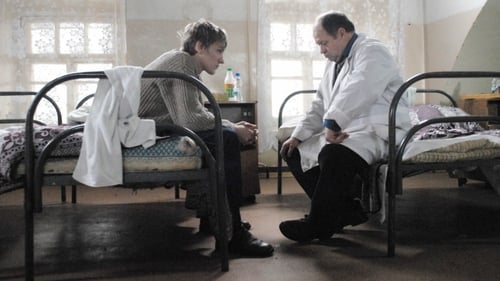
Simultaneously nihilistic and heartening, Ward No. 6 is based on a story by Chekov, in which a psychiatric doctor becomes a patient in his own asylum. Updated to contemporary Russia, the film is a cocktail of anxieties and riddles, showcasing how easy it is to become what we fear most.

De Düva is a 1968 Oscar-nominated American short film that parodies the films of Swedish director Ingmar Bergman, including Wild Strawberries and The Seventh Seal. The film borrows heavily from the plot lines of some of Bergman's most famous films. The dialogue, seemingly in Swedish, is actually a Swedish-accented fictional language based on English, German, Latin, and Swedish, with most nouns ending in "ska." The film was nominated for an Oscar for Best Live Action Short Film.
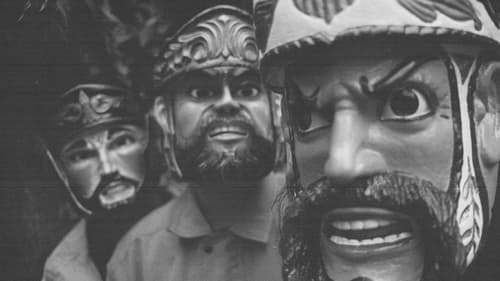
Ferding, Santos and Willy only drink in despair. One day, a Canadian woman’s visit changes everything.

Brazilian director Julio Bressane directs this religious biography on the life and work of Saint Jerome, the monk who first translated the Bible into Latin. Set both in the desert and in the posh confines of the Vatican, Jerome (Everaldo Pontes) agonizes over which Latin word would best fit its Hebrew counterpart. ~ Jonathan Crow, Rovi
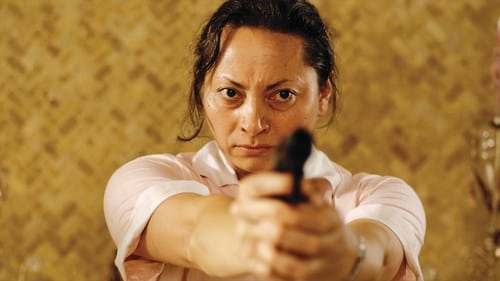
The story of Toña and Paquita, the housekeepers for the aristocratic González-Dubois family. These domestic employees have been mistreated for quite some time and they are tired of their situation. So when the family plans a shopping trip to Miami, the maids have a plan of their own; to take control of the mansion. Unexpectedly, they will also discover a family secret.

'Bruce' goes to head with bandits who are terrorising and murdering villagers.

Joy is a fable about courage and youth. It tells the story of Luiza, 16 year old girl, who can not stand to hear about the end of the world… On a Christmas night, his cousin John is mysteriously shot in a street in the Lowlands and disappears into the night. Weeks later, while Luiza spends days alone in the apartment where he lives with his mother in Rio de Janeiro, a mysterious visitor comes knocking on your door: John, as a ghost, asking to hide there.

Ustanička ulica is a Serbian political thriller. Dušan Ilić (Gordan Kičić), employed at the Serbian state prosecutor's office, gets a top secret case to investigate a war crime committed by a disbanded paramilitary unit. He manages to find Mićun (Uliks Fehmiu) who's the only surviving witness.
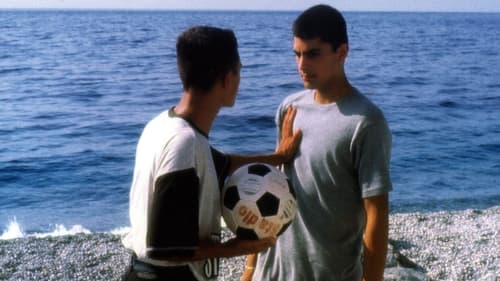
This is the story of Rosario and Matteo, two man from Southern Italy. Rosario is helped by Luigi to settle in the north. Luigi wants to give Rosario a chance to redeem himself and offer him, at the same time, an opportunity to confront his beliefs with the ones of his son Matteo. Rosario lives in a "commune" and Matteo in a beautiful, comfortable house. They're both introverted and shy and find a common ground: they meet, go out together, become friends and show each other a completely different way of living their lives as teenagers.

A man explores the process of formation of sexuality and is looking for a woman that does not exist.

Robert Castle is the idealistic pastor of St. Mary's Episcopal Church in Harlem, and also the cousin of filmmaker Jonathan Demme. Demme's affectionate portrait of his cousin traces Castle's story, beginning with his first parish assignment, in New Jersey in the early 1960s, in an increasingly African-American-populated neighborhood rocked by violence and civil rights protests. The film raises intimate discussions of race, faith and family, while also showing Castle's daily routine as a pastor.

Three parallel stories of immigrants in Tel Aviv during the Gulf War and about coming together while sealed in a room during the Scud attacks.

SOMETHING NECESSARY is an intimate moment in the lives of Anne and Joseph. A woman struggling to rebuild her life after the civil unrest that swept Kenya after the 2007 elections claiming the life of her husband, the health of her son and leaving her home on an isolated farm in the Kenyan countryside in ruins, she now has nothing but her resolve to rebuild her life left. A young man, troubled gang member who participated in the countrywide violence is drawn to Anne and her farm seemingly in search of redemption. Both, Joseph and Anne need something that only the other can give to allow them to shed the painful memories of their past and move on.
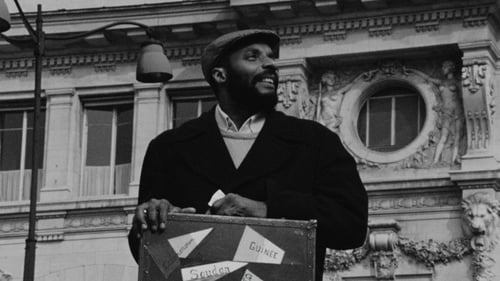
The film Soleil Ô, shot over four years with a very low budget, tells the story of a black immigrant who makes his way to Paris in search of “his Gaul ancestors”. This manifesto denounces a new form of slavery: The immigrants desperately seek work, a place to live, but find themselves face to face with indifference, rejection, humiliation…until the final call for uprising. “Soleil Ô” is the title of a West Indian song that tells of the pain of the black people from Dahomey (now Benin) who were taken to the Caribbean as slaves.

Oryu searches for blind child she left behind and get involved in a Yakuza turf war that takes place in the Tokyo Theater.

A young man in Uruguay has trouble expressing himself verbally. As the lead singer in a band, he interacts with the world through his music.
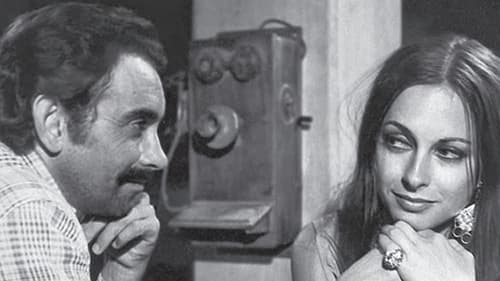
As a child he was kidnapped by gypsies that raised him, without he ever knowing his parents. As a young man Tonho leaves the gypsies and go live by himself, meeting in his way a beautiful woman, who lost her brother, and a dangerous gang of violent criminals.













